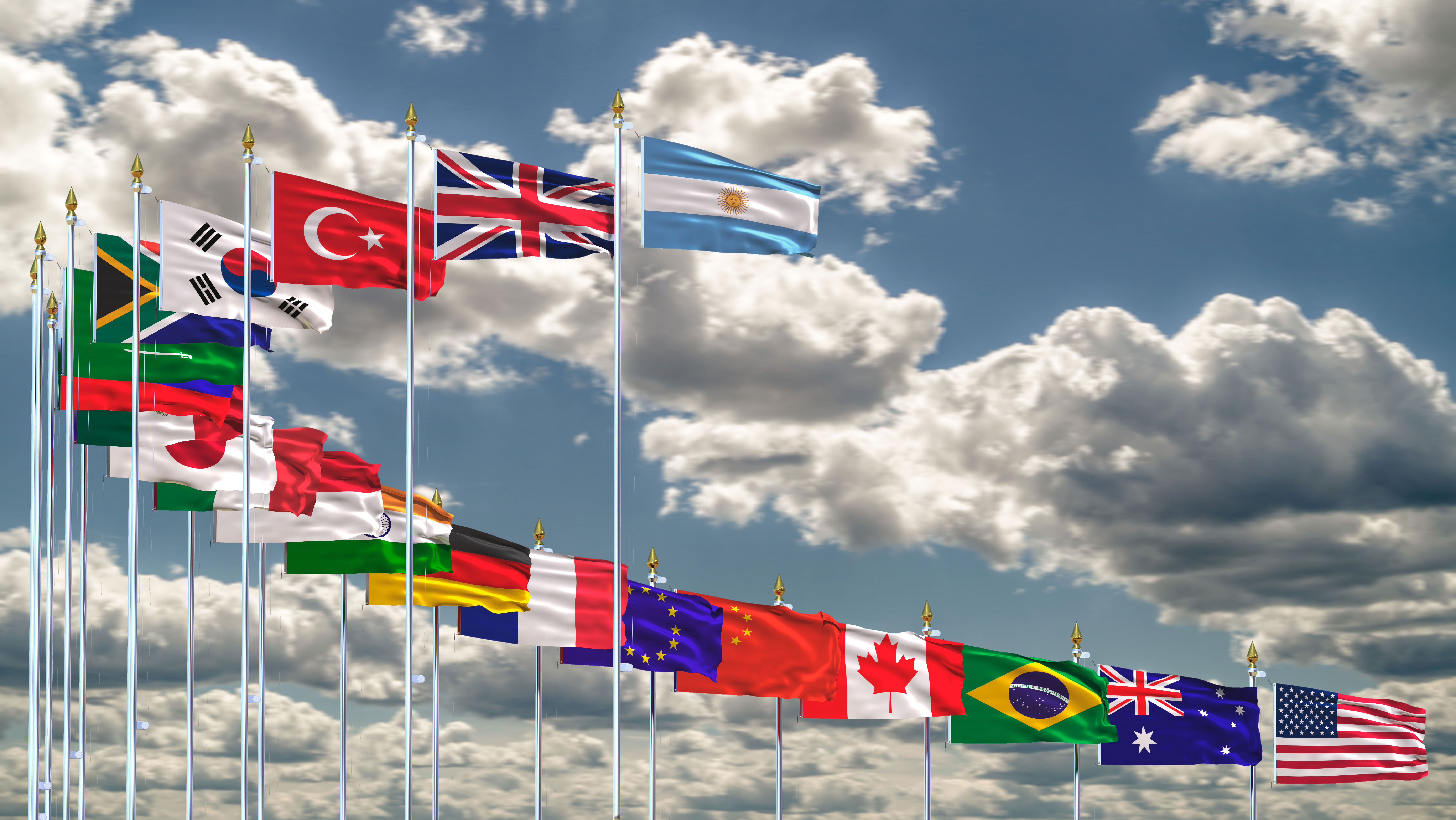
Abstract
Since the end of the Cold War, there has been a unipolar world order dominated by the United States, which entered a phase of decline after 2009; the Russia-Ukraine war was a milestone event in the full collapse of this world order. Today, the world order is transforming, and the trends of polarization and multi-polarization exist simultaneously. On the one hand, the United States is pushing for polarization, trying to construct the binary opposition of "liberal democracy-authoritarianism" and competing and confronting China systematically; on the other hand, regional powers such as Russia, India, and Turkey are promoting the multi-polarization, establishing a regional hegemony centered on themselves, and the world is already showing a trend of neo-feudalism. Whether polarization or multi-polarization, the transformation of the world order implies great uncertainty and risk for China. In a bipolar world, China would be forced into a Cold War confrontation with the West, and its modernization progress would suffer heavily. However, a multipolar world is also not necessarily in China's national interest: regional powers, while not siding with the United States, would not necessarily choose China either. In the worst-case scenario, China could become a“Third-class Power” as India was during the Cold War, isolated by both the Western bloc (the first world) and the regional powers (the second world). We suggest that China must recapture the theme of the times, establish its own international positioning, undertake diplomatic reform, and cultivate a diplomatic force that is better adapted to the transformation of the world order so that China can participate more effectively in the international agenda during the transition of the world order.
Research Questions
-
Structural changes in the world order caused by the Russia-Ukraine situation
-
China's response to the new situation of the Russia-Ukraine conflict